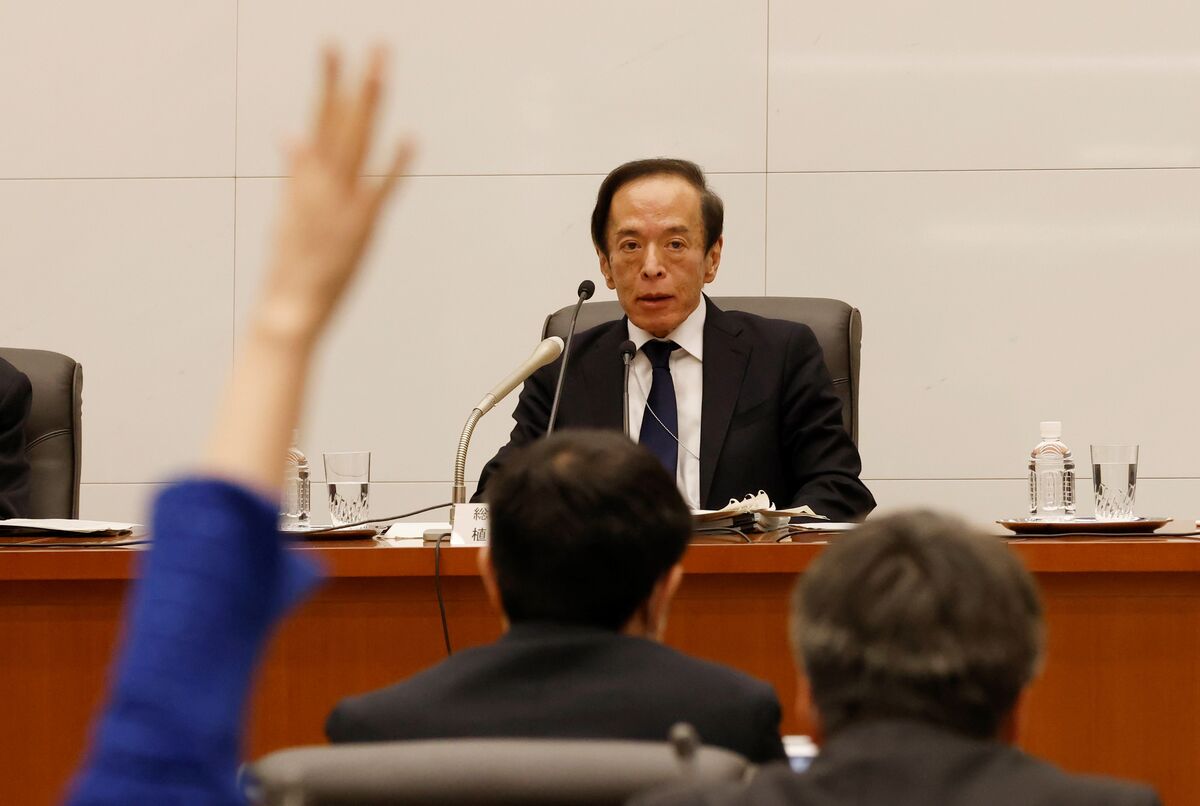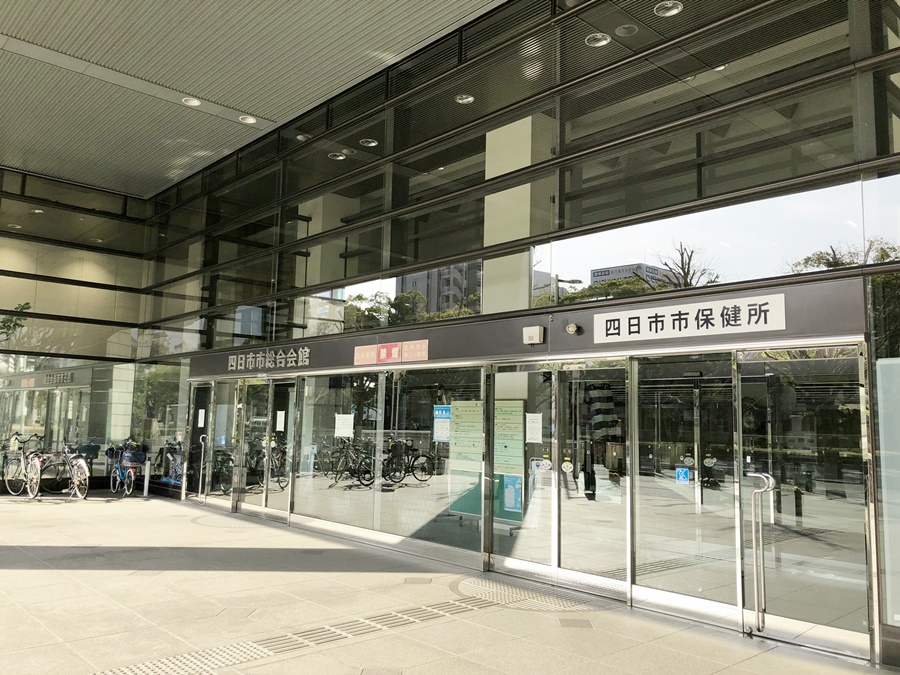As Japan’s inflation outlook faces upside and downside risks, the Bank of Japan should shift its monetary policy bias from an accommodative stance to neutrality, according to the International Monetary Fund’s (IMF) Japan mission chief. said Ranil Salgado.
“In our view, bias should be neutral,” Salgado said in an interview in Washington. “There are upside and downside risks,” he said.
At the Bank of Japan Governor Kazuo Ueda’s first monetary policy meeting after taking office this month, one focus is expected to be whether the Bank of Japan will change its policy rate forward guidance.
Since October 2019, the Bank of Japan has assumed that the policy interest rate will remain at the current level of short- and long-term interest rates or below.
Salgado said forward guidance should be linked to the price target to provide clearer communication about the BOJ’s policy stance. His guidance is not currently tied to specific economic conditions or time periods.
The Bank of Japan should consider further flexibility in long-term interest rate fluctuations to curb inflation risks, curb the side effects of declining market functioning, and avoid sudden policy changes in the future, the IMF said.pointed out.
Bank of Japan chooses flexible long-term interest rate, widening fluctuation range and shortening maturity-IMF
The recent easing of global upward pressure on interest rates following the turmoil surrounding US and European banks provides the BOJ with an opportunity to adjust its yield curve control (YCC) policy without incurring a sharp rise in interest rates. Mr. Salgado analyzes. Kazuo Momma, a former Bank of Japan governor and executive economist at Mizuho Research & Technologies, expressed a similar view earlier this month.
BOJ’s YCC abolishment at this month’s meeting is a good opportunity to avoid sharp rise in long-term interest rates – Former Director Monma
Governor Ueda’s most recent statement was on the 10th.Including the inaugural press conference, it is perceived to be slightly more dovish than many BOJ watchers expected.
Salgado cited lessons learned from the 2000 termination of the zero interest rate policy in 2000 and the termination of quantitative easing in 2006, which are now widely viewed as premature, as the reason the Bank of Japan has remained cautious. Ueda, a member of the Bank of Japan’s deliberation committee, had voted against lifting the zero interest rate policy.
The BOJ’s challenge to achieve price stability remains unchanged regardless of the new regime, Salgado said. “There are signs that the 2% price stability target may be achieved sustainably. It’s about assessing how much has been achieved.”
In a report last month, the IMF predicted that Japan’s consumer price index would rise by 2.7% in 2023 and 2.2% in 2024. Salgado said this outlook would be severely impacted if the global economic slowdown intensified.
Original title: IMF Says BOJ Should Adopt a Neutral Bias Toward Further Easing (excerpt)


